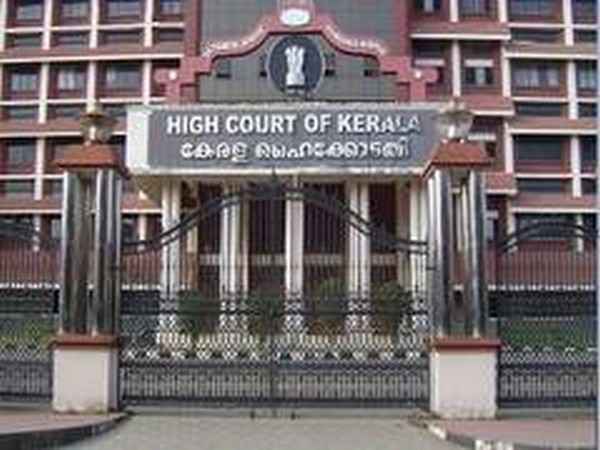


The Kerala High Court has recently observed that women are not slaves of their mothers and mother-in-law while criticising a family court order in a divorce case for its ‘patriarchal’ observations. Justice Devan Ramachandran noted that a family court at Thrissur earlier dismissed a divorce plea filed by the wife after observing that her complaints were part of “ordinary wear & tear.”
The similar order advised the parties (estranged spouses) to act in line with the “sanctity of married life by burying their difference of opinion”.
Furthermore, Justice Ramachandran opined that the family court order was very problematic and patriarchal. The judge stated, “Patriarchal to the core. I’m sorry that’s not the way the ethos of 2023 continues.”
Meanwhile, the counsel for the husband, pointed out that the Thrissur family court order called for the wife to listen to what her mother and mother-in-law had to say on the issue. Taking a serious view of this, the High Court replied that a woman’s decisions can’t be treated as inferior to her mother’s or that of her mother-in-law.
Justice Ramachandran observed, “Women are not slaves of their mothers or mothers-in-law.” Also, the judge took exception to a submission made by the husband’s lawyer that the disputes at hand were easily solvable and could be settled out of court. Justice Ramachandran made it clear that he could only direct an out-of-court settlement if the woman also was willing to explore the same. The judge added, “She has a mind of her own. Will you tie her up and force mediation? This is exactly why she was forced to leave you. Behave well, be a man.”
The Court dealt with a plea made by a woman to transfer a divorce case pending before a family court in Kottarakara to a family court in Thalasserry, which was closer to Mahe, where she moved for employment along with her child (born out of the wedlock).
She told the Court that she initially moved to her paternal house in Kottarakara along with her child due to marital disputes and abuse at her matrimonial house. After her first divorce plea was dismissed by a Thrissur court she filed her divorce plea at Kottarakara, since it was closer to her paternal house.